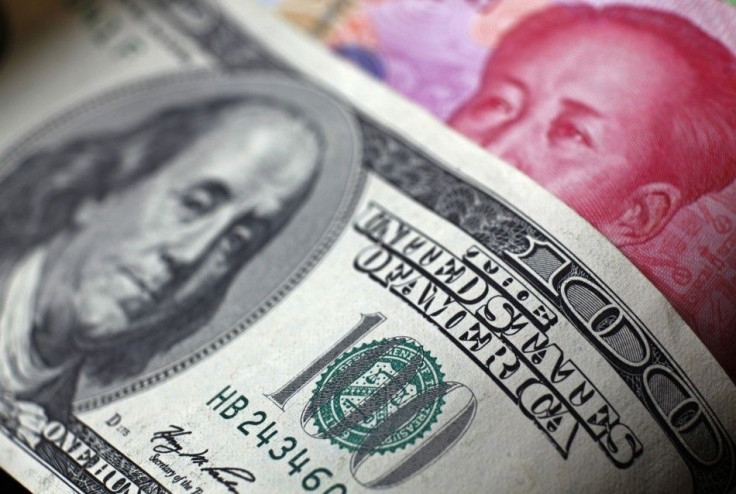China Exchange Rate Policy: Expanding Renminbi’s Daily Band May Be Possible

China's chief of central bank has indicated that Beijing may soon allow the renminbi to float more freely. The next major reform in China’s exchange rate policy is likely to be a widening of the renminbi’s daily trading band with the dollar, say analysts.
The renminbi, also called the Chinese yuan, has seen an appreciation by 30 percent since July 2005. The renminbi is currently allowed to move up to 0.5 percent in either direction around the opening renminbi/dollar fix announced each day by the People’s Bank of China (PBC). Zhou Xiaochuan, the Governor of PBC had stated to Xinhua News Agency in beginning March that the bank was considering increasing the yuan's daily floating band.
The US has accused China several times of artificially keeping its currency in a weak position, though Zhou maintained that the renminbi was trading close to fair value.
Band widening is the logical next move in fulfilling the government’s stated objective of having the renminbi move more freely, says Capital Economics. In the present market situation, any band widening would be less likely to be interpreted as a sign that the renminbi’s pace of appreciation was set to rise and so less likely to result in speculative inflows of capital.
Many would interpret such a policy reform as a sign that the PBC was scaling back its currency intervention, giving the market more space to determine the renminbi’s level, points out Capital Economics. The implication would be that the renminbi would be more volatile not just in terms of its intra-day movements, but over the medium term too, with PBC allowing the market freer rein to determine the renminbi’s level.
However, this need not be the actual picture as the PBC continues to push back against market movements. The PBC does not just intervene by determining the renminbi’s opening fix each day. It is an active participant during trading too.
Mark Williams and Qinwei Wang of Capital Economics said that the PBC may end up intervening more to limit the renminbi’s movements.
Chinese Premier Wen Jiabao said earlier this month that the government would improve the mechanism to make the floating exchange rate regime more flexible. The country is expected to adopt a measured approach for reforming its currency so that it can keep its economic growth at a stable rate even when the global demand for its goods could be decreasing.
© Copyright IBTimes 2024. All rights reserved.





















